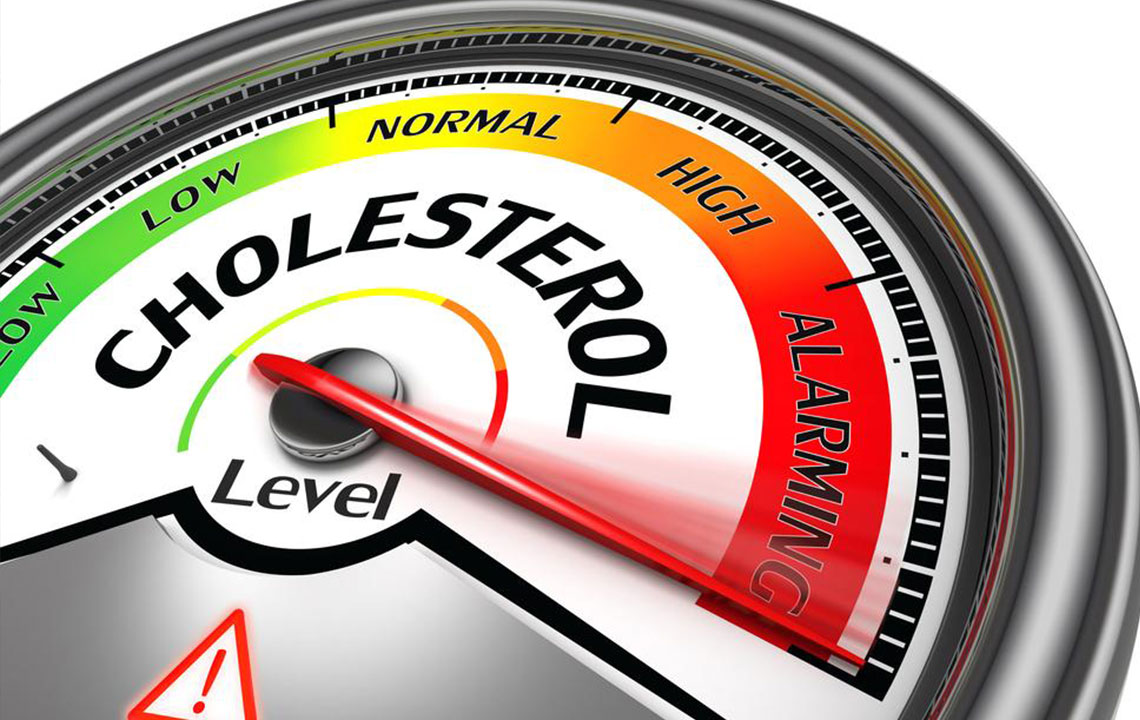Comprehensive Guide to Natural Cholesterol Reduction through Diet
Discover effective dietary strategies to naturally lower cholesterol levels. This comprehensive guide explores Mediterranean, DASH, Mayo Clinic, and flexitarian diets, offering practical tips for a heart-healthy lifestyle. Implementing these scientifically backed eating plans can significantly improve cardiovascular health, combined with lifestyle changes like exercise and weight management for sustainable results.

Comprehensive Guide to Natural Cholesterol Reduction through Diet
Managing high cholesterol levels is a common health concern affecting millions worldwide. While medications are often prescribed, adopting specific dietary strategies can significantly contribute to lowering cholesterol naturally and sustainably. A well-structured, nutritious meal plan not only supports heart health but also promotes overall well-being. Numerous scientific studies have demonstrated that dietary choices profoundly impact cholesterol levels, making it crucial to incorporate effective eating patterns into daily life. This comprehensive guide explores various internationally recognized healthy diets that have proven effective in reducing bad cholesterol and improving cardiovascular health.
Understanding and implementing these dietary approaches can empower individuals to take control of their heart health without relying solely on medication. Alongside dietary changes, lifestyle modifications such as increased physical activity, weight management, and smoking cessation further enhance the benefits. Here, we delve into some of the most effective and scientifically backed dietary patterns designed to lower cholesterol naturally, offering practical tips and insights for making lasting changes.
Mediterranean Lifestyle:
The Mediterranean diet is renowned worldwide for its heart-healthy benefits. It emphasizes the consumption of fresh fruits, vegetables, whole grains, legumes, nuts, seeds, lean proteins like fish and poultry, and generous amounts of olive oil. This dietary pattern reflects the traditional eating habits of countries bordering the Mediterranean Sea and has been extensively studied for its positive impact on cholesterol levels and overall cardiovascular health.
Research consistently supports the benefits of the Mediterranean diet, indicating it can reduce LDL (bad cholesterol) and improve HDL (good cholesterol). Its flavorful and flexible nature makes it sustainable in the long term, encouraging healthy eating habits. Combining dietary modifications with regular exercise, weight management, and lifestyle changes can potentially lower cholesterol by approximately 20–30%. Key strategies include swapping saturated fats like butter and fatty meats for healthier options, such as olive oil and lean meats, and reducing intake of processed foods laden with trans fats. Implementing these changes helps not only in lowering cholesterol levels but also in enhancing overall heart health and longevity.
DASH Eating Plan:
The Dietary Approaches to Stop Hypertension (DASH) diet, endorsed by the American Heart Association, is a proven method to reduce cholesterol and manage blood pressure. This diet encourages consumption of nutrient-rich foods like vegetables, fruits, whole grains, low-fat dairy products, and lean proteins such as fish and beans. It also emphasizes reducing the intake of saturated fats, trans fats, added sugars, and red meats, which are associated with elevated cholesterol and cardiovascular risks.
Within just two weeks, individuals following the DASH diet might notice significant improvements in cholesterol levels. The plan is flexible and adaptable, making it suitable for long-term adherence. Key tips include increasing fiber intake via oats, barley, and fruits, and choosing healthier protein sources. Incorporating physical activity alongside dietary changes magnifies the benefits, leading to better control of cholesterol and blood pressure, and supporting overall cardiovascular health.
Mayo Clinic Nutritional Plan:
Developed for those cautious about making drastic dietary changes, this plan focuses on incorporating high-fiber foods like oats, oatmeal, and whole grains, along with omega-3-rich foods such as nuts, seeds, and fatty fish. Portion control is a cornerstone of this approach, which pairs healthy eating with regular physical activity and lifestyle modifications. The program is designed as a sustainable, long-term lifestyle shift, beginning with a manageable two-week phase that gradually builds healthy habits.
This diet encourages reducing saturated fats and processed foods while emphasizing nutrient-dense, heart-healthy options. Over time, adherence to this plan can lead to marked reductions in LDL cholesterol and improvements in overall heart health. It serves as a practical, evidence-based approach suitable for those seeking sustainable lifestyle changes to combat high cholesterol.
Flexitarian Approach:
The flexitarian diet offers a flexible, plant-focused eating pattern suitable for vegetarians and those who occasionally consume animal products. It emphasizes a balanced intake of plant-based foods and lean proteins, encouraging filling half your plate with fruits and vegetables. The other half includes healthier options like low-fat dairy, grains, and lean meats such as poultry.
This approach promotes variety and moderation, making it easier to maintain over time. It leverages the benefits of increased plant foods, which are naturally lower in cholesterol and saturated fats, while still accommodating the inclusion of animal products in a controlled manner. Overall, adopting a flexitarian diet can lead to significant improvements in cholesterol profiles, weight management, and overall cardiovascular health.
In conclusion, integrating any of these scientifically supported dietary plans into your lifestyle can lead to meaningful reductions in cholesterol levels. Coupled with other healthy habits like regular exercise, not smoking, and maintaining a healthy weight, these diets form a comprehensive strategy for better heart health. Making gradual, sustainable changes ensures long-term success and a healthier future. Consult with healthcare professionals to tailor these dietary approaches to your specific needs for optimal results.





